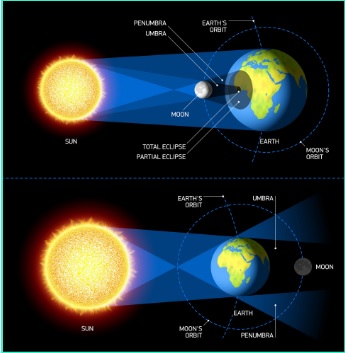Rapid Fire
Rapid Fire Current Affairs
- 22 Nov 2023
- 6 min read
ICMR Debunks Link Between Covid-19 Vaccines and Sudden Deaths
A recent study by the Indian Council of Medical Research (ICMR) dispels concerns about Covid-19 vaccines causing sudden deaths.
- The study suggests that vaccination lowers the risk of sudden deaths, especially in seemingly healthy individuals discharged within 24 hours.
- Most sudden deaths are attributed to heart conditions, including irregular heartbeat, obstructed blood flow, and reduced heart muscle functionality.
- Family history of sudden death, smoking, binge drinking, and vigorous exercise are identified as other risk factors for sudden deaths.
- The study highlights potential mechanisms through which Covid-19 might impact heart health, including damage to heart muscles and blood vessels.
- Severe Covid-19 cases requiring hospitalization are linked to an increased risk of sudden deaths, with those experiencing severe illness four times more likely to face such outcomes.
Read more: Post-Hospitalization Mortality in Covid-19 Patients
Eclipses
Eclipses are astronomical phenomena that occur when the sun, the moon, and the earth lie in a straight line. However, eclipses do not happen on every new moon and full moon day.
- The moon’s orbit around the earth is tilted by about 5 degrees to the earth’s orbit around the sun.
- This means that the moon is usually too high or too low to cast a shadow on the Earth (solar eclipse) or to enter the Earth’s shadow (lunar eclipse).
- Eclipses only occur when the moon crosses the ecliptic plane, which is the plane of the earth’s orbit around the sun, at the same time as it is new or full.
- The line of intersection of the planes is called the line of nodes. For an eclipse to occur, the moon has to be near one of the nodes.
- This does not happen on all new moon and full moon days.
- Eclipses happen in pairs, with one solar and one lunar eclipse occurring in two weeks, which is called an eclipse season.
- There are usually two eclipse seasons in a year, at varying times, depending on the alignment of the nodes and the sun.
Read more: Types of Eclipses
VAJRA PRAHAR 2023: Indo-US Special Forces Unite
The 14th edition of the Indo-US Joint Special Forces exercise, "VAJRA PRAHAR 2023," kicked off at Umroi Cantonment, Meghalaya. The first edition was conducted in the year 2010 in India.
- The US contingent, comprising personnel from the 1st Special Forces Group, joins forces with India's Eastern Command-led Special Forces contingent.
- This exercise, fostering collaboration between the Indian and US armies, focuses on sharing tactical strategies, mission planning, and operational tactics.
Read more: Exercise VAJRA PRAHAR
Thailand's Cabinet Approves Marriage Equality Bill
Recently, Thailand's Cabinet greenlit an amendment to the Civil and Commercial Code, paving the way for same-sex marriage rights in the country.
- The change in language within the code, replacing "men and women'' with "individuals" and "husband and wife" with "marriage partners," aims to grant equal rights to same-sex couples.
- It would guarantee the right to form a family in a relationship between same-sex couples, adding that the next step will be an amendment to the pension fund law to recognize same-sex couples as well.
Read more: Same Sex Marriage: Struggle for Equality
Uttar Pradesh Imposes Ban on Halal Certification
The recent ban imposed by Uttar Pradesh Food Safety and Drug Administration Commission on the production, storage, distribution, and sale of Halal certified food products within the state under Section 30 (2) (d) of the Food Safety and Standards Act, 2006 and powers under the Section 30 (2) (a) of the same Act.
- The order contends that halal certification creates confusion regarding the quality of food items, labeling various products such as dairy goods, bakery items, edible oils, and more.
- Section 30 (2) of the Food Safety and Standards Act, 2006:
- (a): Restricting for the sake of public health, the production, storage, circulation, or vending of any food item, within the entire State or specific regions thereof, for a duration not surpassing one year, as delineated in the order announced and published in the Official Gazette.
- (d) ensure an efficient and uniform implementation of the standards and other requirements as specified and also ensure a high standard of objectivity, accountability, practicability, transparency and credibility.
Read more: Food Safety and Standards Act, 2006





